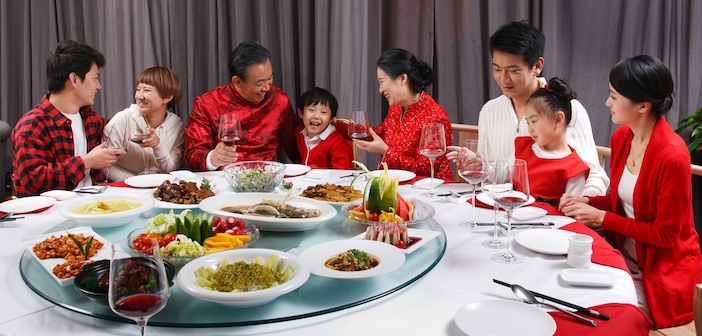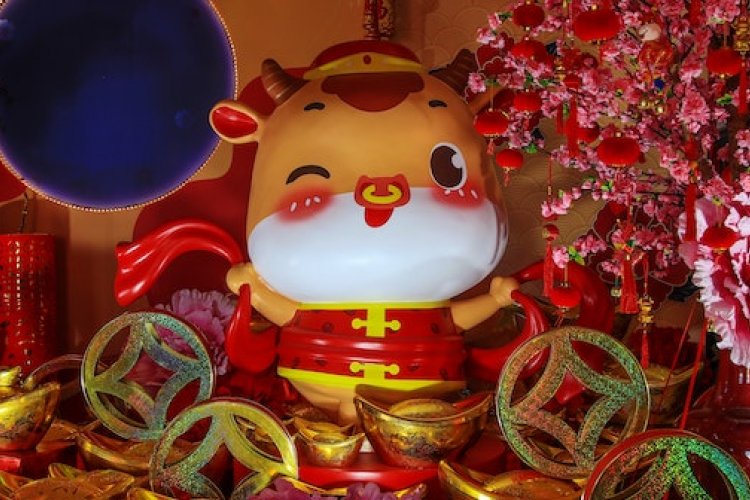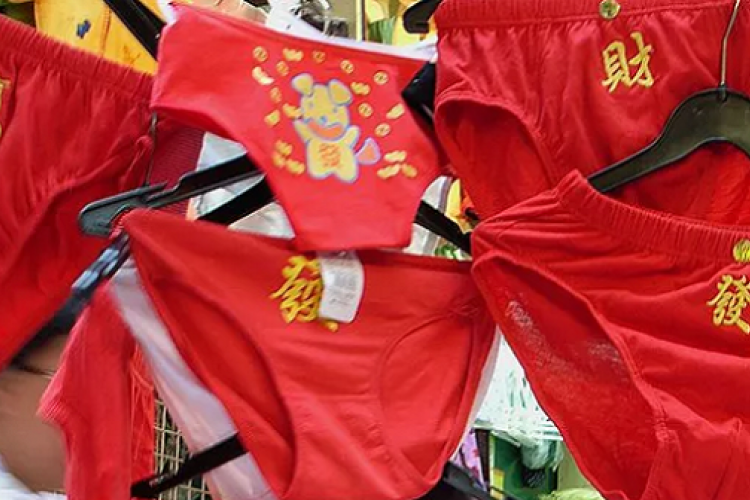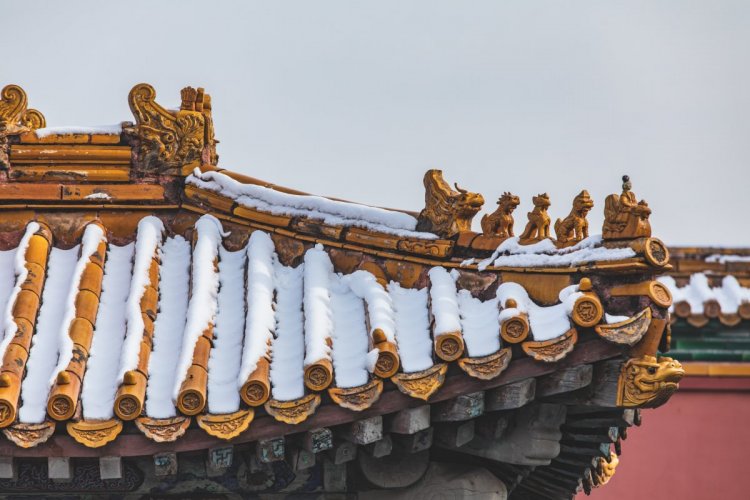Relatives do ask such personal and awkward questions, lol. And I remember once I asked my father what's wrong in telling this all, exactly. He said, its just not good telling exact figures because it makes you look small or of light personality. You will either be sounding like you are showing off, or like you are not happy and are poor. So just say, "Alhamdullilah" means All praise to God. Or say, God has blessed me with everything. About kids, we say, when God will wish, we will have one.
Keeping in Line With Your In-Laws Over CNY
If you think falling in love is the hardest part, wait until you need to meet the in-laws. For those who’ve yet to spend a Chinese New Year with their local relatives, you may be in for some serious culture shock.
Although I’m American, I have extended family in Harbin and the first time I brought my husband to meet them over Chinese New Year was an overwhelmingly stressful experience, and my husband is a Beijing local who was already clued in on the chaos headed his way.
If you're not familiar with Dongbei (Northeastern) hospitality, it's best defined with two words: intense and excess. According to one of my aunts, Dongbei people give their guests the best that they have to offer, which in my family translates to the most expensive baijiu, extravagant meals for breakfast, lunch, and dinner, and non-stop smoking, even for my non-smoker husband. According to him, it’s impolite to turn down gestures of hospitality, so for a whole week he became a full-time smoking baijiu day-drinker.
The shock of Dongbei hospitality aside, what surprised me most was the brash line of interrogation they aimed at us.
Over dinner on the second night in Harbin, out of the blue, one of my more distant aunts asked my husband “how much do you make a month?” The table fell silent and all small side conversations ceased, with the attention focussed diamond-sharp on him. My husband, trying to defuse the glares and deafening silence, made light of how my family, with its three generations of lawyers and judges, were still in the habit of interrogating – and that was that.

Fast forward a few days and another aunt decides to pull me aside to tell me that that I need to be in charge of his bank accounts. I tried explaining that such a practice was outdated and unnecessary, but all I got was a lecture on how I was a 傻孩子 shǎ háizi (a dumb kid).
After a little over a week of being in Harbin, I left with the conclusion that there are several topics in the US that we find inappropriate to ask but are completely acceptable when it comes to the older generation here.
- How much money do you make?
- How much money do you have saved in the bank?
- When are you getting married?
- When are you having kids?
- How many properties and cars do you own?
- Who controls the money in your family?
- What nationality will your baby be?
- Who cleans the house?
My takeaways from these large gatherings with the extended family are:
- They mean well and will likely never change so there’s no point in getting offended or annoyed by awkward questions – just go with the flow.
- Be honest and tell them that in your culture you don’t ask these types of questions.
- Always have gifts and extra hongbaos prepared. It’s impolite to visit someone’s home without bringing a gift, and you never know when someone will bring a young child to a dinner party unannounced. Having been that auntie who only prepared enough hongbaos for the kids I knew were going to attend, watching my cousin’s friend’s kid disappointedly shuffle away empty-handed was a heartbreaking experience that I never want to repeat again, even if it does cost an extra few notes.
READ: The Rat's Complicated Image Problem in Chinese Culture
This article originally appeared on our sister site beijingkids.
Photos: www.asiancrush.com, unsplash.com, giphy.com, chinadaily.com







